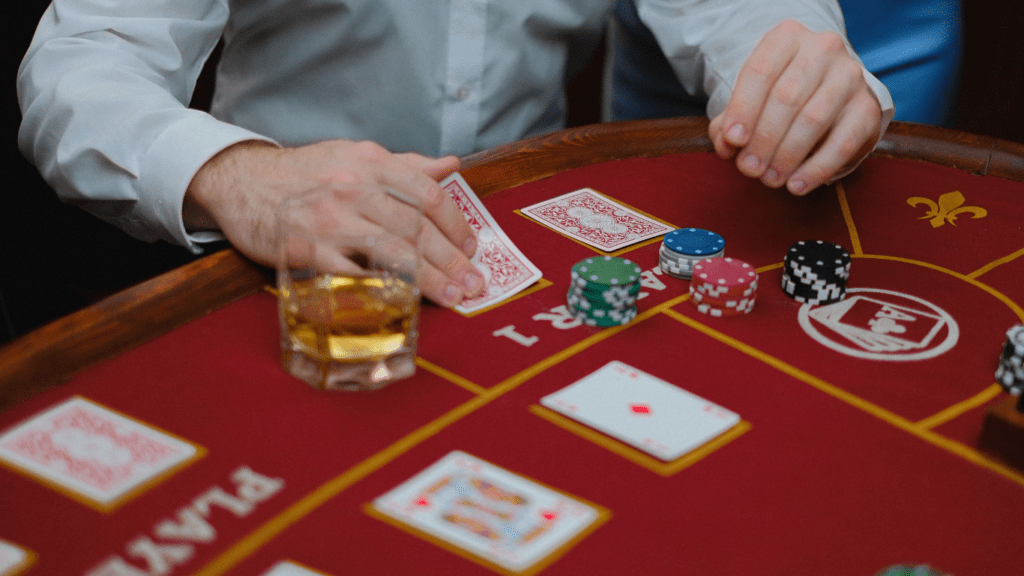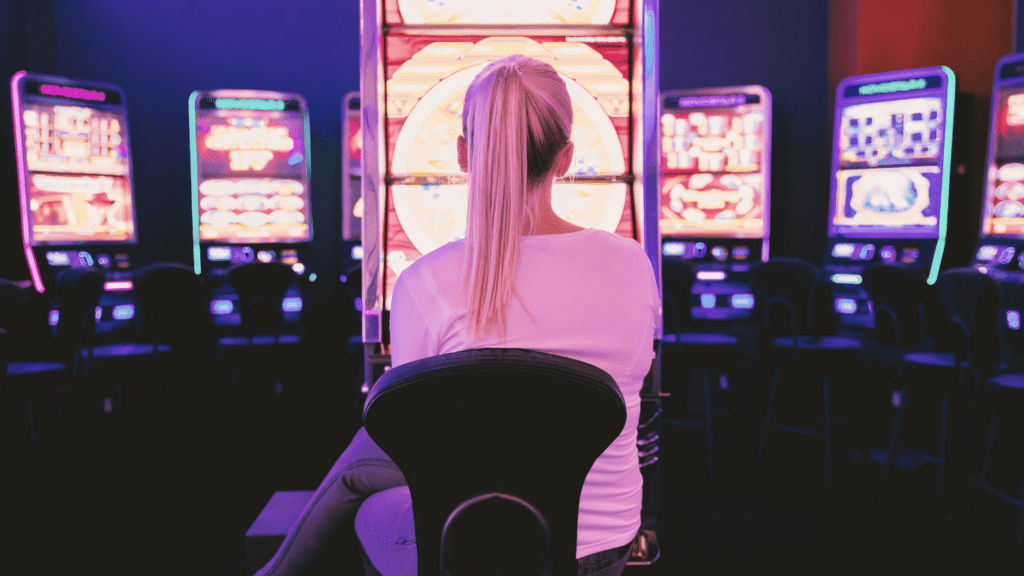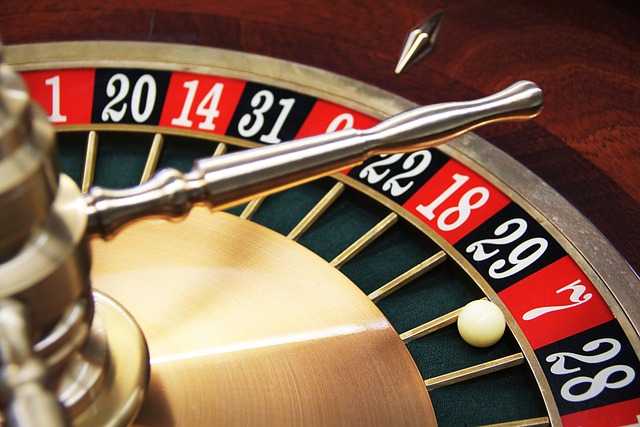Understanding Dopamine’s Function
Dopamine, a neurotransmitter, plays a significant role in the brain’s reward system. It directly influences how we experience pleasure and motivation.
What Is Dopamine?
Dopamine is a neurotransmitter produced in the brain. It acts as a chemical messenger, transmitting signals between nerve cells.
Essential for several brain functions, it impacts mood, attention, and motor activity.
When engaging in rewarding activities, like eating or socializing, the brain releases dopamine, contributing to feelings of enjoyment and satisfaction.
Dopamine Pathways and Reward Systems
Several dopamine pathways exist in the brain. The mesolimbic pathway, often called the reward pathway, is crucial in experiencing pleasure and reinforcement.
This pathway involves the ventral tegmental area (VTA) and the nucleus accumbent. Increased dopamine release in this pathway during gambling heightens the anticipation and sensation of reward.
Another significant pathway is the nigrostriatal pathway, connecting the substantia nigra and the dorsal striatum.
This pathway regulates movement and is less involved in reward but critical for habit formation.
Understanding these pathways helps explain how dopamine influences gambling behavior, potentially leading to addiction.
Dopamine and Gambling Addiction

Dopamine plays a significant role in gambling addiction by affecting the brain’s reward system. Elevated dopamine levels can lead to compulsive gambling behaviors.
The Brain’s Reward System in Gamblers
In gamblers, the brain’s reward system becomes hyperactive. The mesolimbic pathway, responsible for the reward response, triggers dopamine release when anticipating a gambling outcome.
Studies (e.g., Joutsa et al., 2012) show that gamblers have heightened dopamine levels during wins, but also during losses, fueling a cycle of anticipation and reward.
How Dopamine Influences Gambling Decisions
Dopamine impacts decision-making in gamblers by altering risk assessment and reward expectancy. Gamblers tend to overestimate rewards and underestimate risks due to dopamine surges.
Research (e.g., Clark, 2010) indicates that these surges impact the prefrontal cortex, impairing judgment and leading to riskier decisions.
Studies and Research on Dopamine and Gambling
Research on the link between dopamine and gambling has expanded in recent years. Scientists aim to understand how dopamine influences gambling behavior.
Key Research Findings
Several studies highlight how dopamine modulates gambling behavior.
One study found that pathological gamblers receive increased dopamine release in the ventral striatum when anticipating gambling rewards (Steeves et al., 2009).
This release reinforces the gambling urge, pushing individuals toward compulsive behavior.
Another study showed that dopamine agonists, often used to treat Parkinson’s disease, can induce gambling addiction in patients (Weintraub et al., 2010).
This discovery underscores the role of dopamine in risky decision-making. Functional MRI scans also revealed altered brain connectivity in gamblers, suggesting changes in the brain’s reward circuitry (van Holst et al., 2012).
Limitations and Challenges in Current Research
Despite significant findings, research on dopamine’s role in gambling faces several challenges.
- One limitation is the variability in individual responses to dopamine.
- Genetic factors can influence how someone’s brain reacts to dopamine changes, complicating generalizations from study results.
- Sample sizes in existing studies are often small, reducing the strength of conclusions.
- Longitudinal studies are scarce, making it hard to determine long-term effects of dopamine on gambling.
Moreover, most research focuses on pathological gambling, neglecting casual gamblers who might offer different insights.
These limitations suggest the need for larger, more diverse studies to fully understand dopamine’s influence on gambling behavior.
Treatment Approaches for Gambling Addiction
Effective treatment for gambling addiction often involves a combination of pharmacological and behavioral interventions.
Role of Dopamine Antagonists
- Dopamine antagonists: Decrease gambling urges by blocking dopamine receptors and reducing the neurochemical’s influence on the brain’s reward system.
- Antipsychotic medications: Like olanzapine, have shown promise in reducing gambling behavior by mitigating dopamine’s pleasurable effects.
Clinical studies indicate that individuals treated with dopamine antagonists experience fewer gambling-related thoughts and a diminished desire to gamble.
Behavioral and Psychological Interventions
Behavioral and psychological interventions focus on changing the underlying behaviors and thoughts driving gambling addiction.
- Cognitive-behavioral therapy (CBT): A widely-used method, helps individuals identify and alter distorted thinking patterns and maladaptive behaviors linked to gambling.
Techniques like exposure therapy gradually desensitize individuals to gambling-related stimuli, reducing their response over time.
- Motivational interviewing (MI): Encourages individuals to find internal motivation to change their gambling habits.
This client-centered approach emphasizes personal goals and values, fostering a commitment to change.
Group therapy offers social support and shared experiences for individuals struggling with gambling addiction, which can enhance motivation and accountability.
Each of these treatment approaches offers unique benefits, and a comprehensive plan often includes multiple strategies to address the complex nature of gambling addiction effectively.




